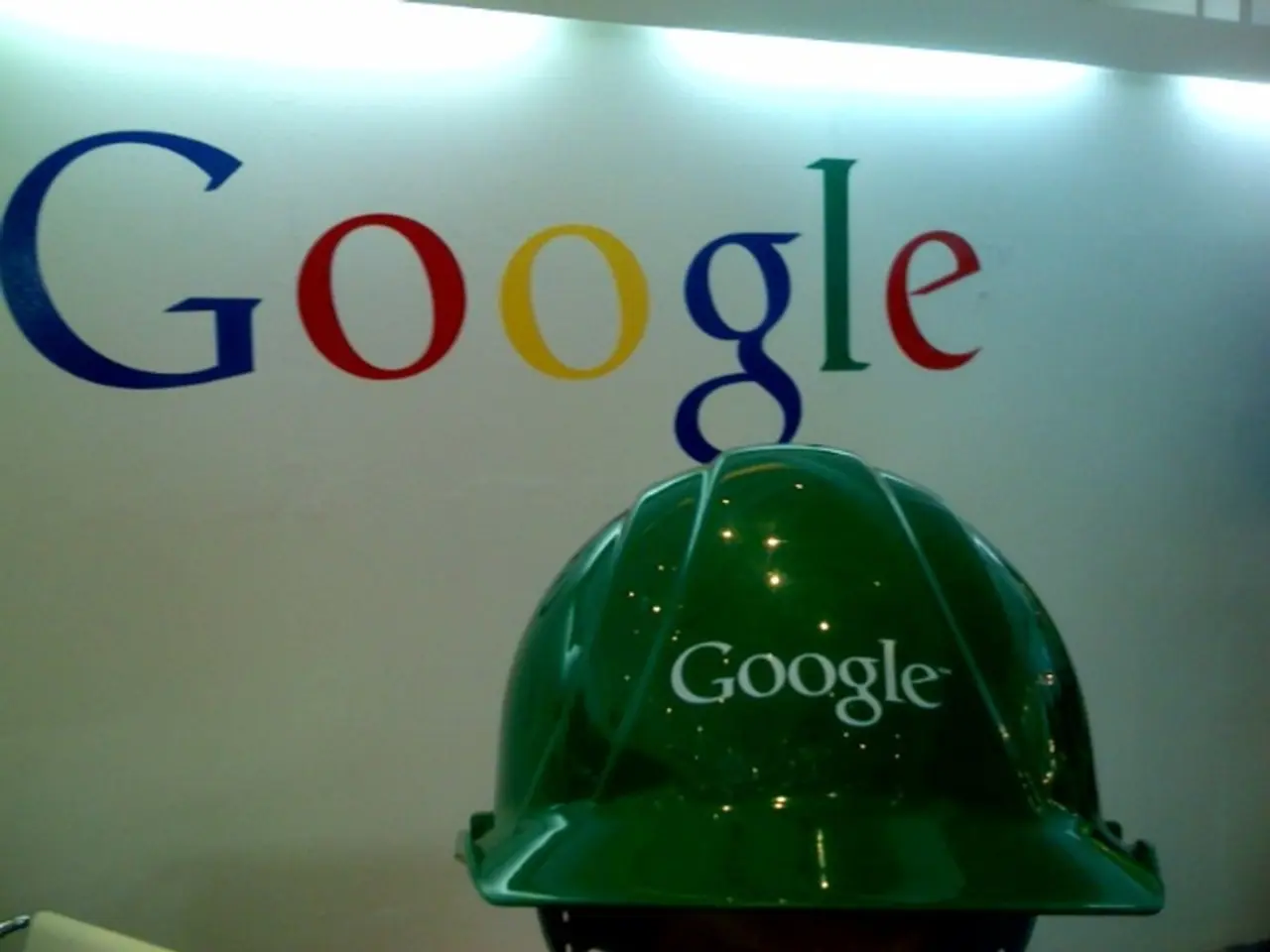Google has clarified that the UK government has not requested a weakening of its encryption with a backdoor, unlike Apple.
In the digital landscape of the United Kingdom, a significant shift has occurred with the implementation of age verification requirements, potentially impacting user privacy and internet usage. This change comes amidst a contentious issue regarding encryption backdoors, with tech giants Apple and Google finding themselves at the heart of the debate.
Apple, in a bold move, has decided to challenge the UK government's request to break its encryption policies in the Advanced Data Protection (ADP) feature. The tech giant disabled the affected encryption feature for UK users, leaving them without access to additional data protection. This decision comes after a secret order was issued by the UK government demanding Apple build a backdoor to access encrypted user data globally. However, due to strong backlash, particularly from the US government, the UK government appears to be backing down from this demand. Apple is currently challenging the order in court.
On the other hand, Google has not received any official request from the UK government to weaken encryption or provide backdoor access to user data. In a statement to TechCrunch, Google admitted that it hasn't received a technical capabilities notice. Google has also stated that it has never built any mechanism or "backdoor" to circumvent end-to-end encryption in its products. That technology giant was Meta, which confirmed to Wyden's office in March that it hadn't been served an order to backdoor its encryption services.
The UK's legal secrecy around such demands, under the Investigatory Powers Act (IPA) 2016, makes public confirmation difficult. However, Apple’s case has been publicly reported and challenged, while Google’s is confirmed as not subject to such an order. The US government and lawmakers have strongly criticized the UK move due to privacy and security concerns.
Mounting scrutiny of the UK's Investigatory Powers Act has led US senators to investigate whether other companies have also received similar requests. Using a VPN service can help boost Brits' online privacy, but it cannot replace iCloud's end-to-end encryption protection.
The EU is planning to decrypt private data by 2030, adding another layer to the global encryption debate. As the situation evolves, it is clear that tech companies and governments will continue to grapple with the balance between security, privacy, and access to information.
The tech giants, Apple and Google, have become central figures in the global encryption debate, with Apple challenging the UK government's request to break its encryption policies and Google confirming it hasn't received such a demand. Meanwhile, the US government and lawmakers have strongly criticized the UK's potential infringement on user privacy and security. As the EU plans to decrypt private data by 2030, the balance between security, privacy, and access to information remains a contentious issue in politics and cybersecurity, intertwined with general news and technology developments worldwide.




